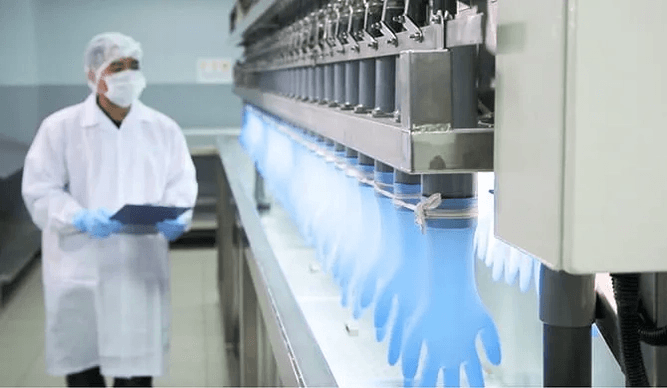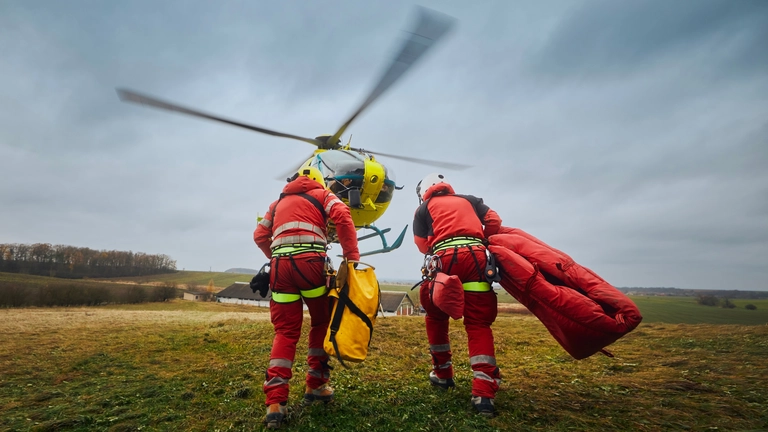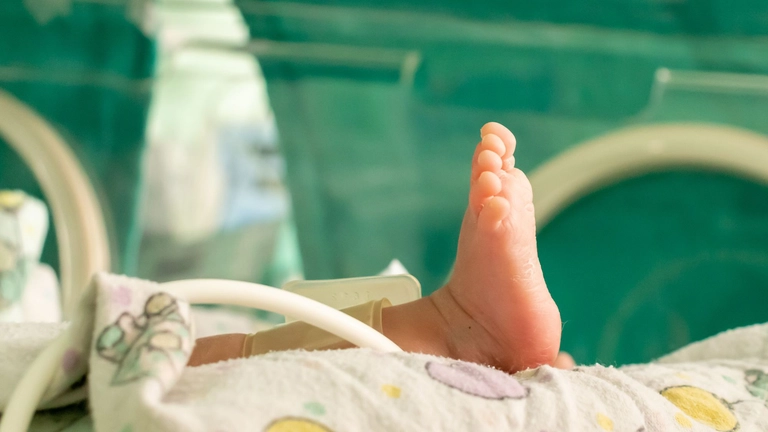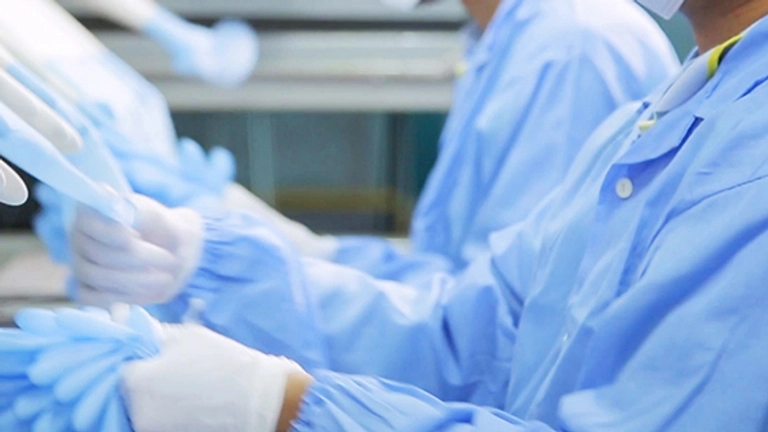
Better energy efficiency to reduce emissions in the manufacturing of nitrile gloves
In line with Asker’s ambition to support its customers and the healthcare sector in Europe to reduce the climate footprint, Evercare Medical is investigating methods to improve energy efficiency in the manufacturing of examination gloves made from nitrile.
“Of Asker’s total emissions, gloves account for three times as much as the next largest category, wound care products. It makes sense for us to focus our efforts there in order to make substantial progress in reducing our climate footprint. That is why we launched the Embra Proceed glove in 2022, made from an innovative raw material that requires lower curing temperatures. Our next step is to focus on manufacturing to make it even more energy efficient”, says Alexander Cullin, Managing Director of Evercare Medical.
The company has reviewed life cycle assessments (LCA) for the nitrile gloves in its range and found that while they only comprise a small part of Asker's total assortment, they account for a significant share of the Group’s total greenhouse gas emissions.
High energy consumption makes this a hotspot
This disproportionate impact is mostly due to the high energy consumption in the manufacturing phase. Most nitrile gloves are manufactured in Asia and when they are imported to Europe they entail a substantial amount of carbon dioxide emissions stemming from Scope 1 and Scope 2 emissions* from glove factories in Asia. This makes medical gloves a hotspot for emissions imported into the European healthcare sector.
In 2024, Evercare Medical and Asker’s Center of Excellence Private Label initiated a project to address this, in collaboration with Evercare Medical’s main third-party manufacturers of examination gloves in Malaysia.
Working with multinational Swedish companies that supply industrial equipment and solutions, the partners have commenced different pilot projects in the factories to identify the most effective, durable methods for implementation and potential expansion to other sites.
Boosts efficiency and competitiveness
The project explores technical solutions for increasing energy efficiency. Another part of the project concentrates on renewable energy, such as more solar-based electricity generation, coupled with potentially switching from natural gas to sustainable biomass.
“Energy efficiency isn’t just an effective way to reduce emissions. We are convinced that the investments in the factories can boost efficiency and competitiveness while also enabling us to offer high-quality products with a lower environmental impact. This is a win-win for us, our manufacturing partners in Malaysia and our customers in the European healthcare sector”, says Alexander Cullin.
* Scope 1 includes direct emissions from sources owned or controlled by the company, and Scope 2 includes indirect greenhouse gas emissions from purchased or acquired energy.
Read more about how we contribute

Innovative solution helps rescue services
Supporting emergency care personnel in difficult situations is the focus of a project exploring how to combine wearable tech and artificial intelligence (AI). CRS medical, one of Asker’s companies, is one of the partners in the project.

Caring for the tiniest, most vulnerable patients
QRS Healthcare, one of Asker’s companies, played a critical role in the successful implementation of an innovative IV therapy solution at a children’s hospital in the Netherlands.

Supporting migrant workers in Malaysia
When Asker began conducting audits of third-party manufacturers in Malaysia and Thailand, the Group identified significant health and safety risks for migrant workers employed in glove manufacturing facilities. Since then, several important steps towards better conditions have been taken.
